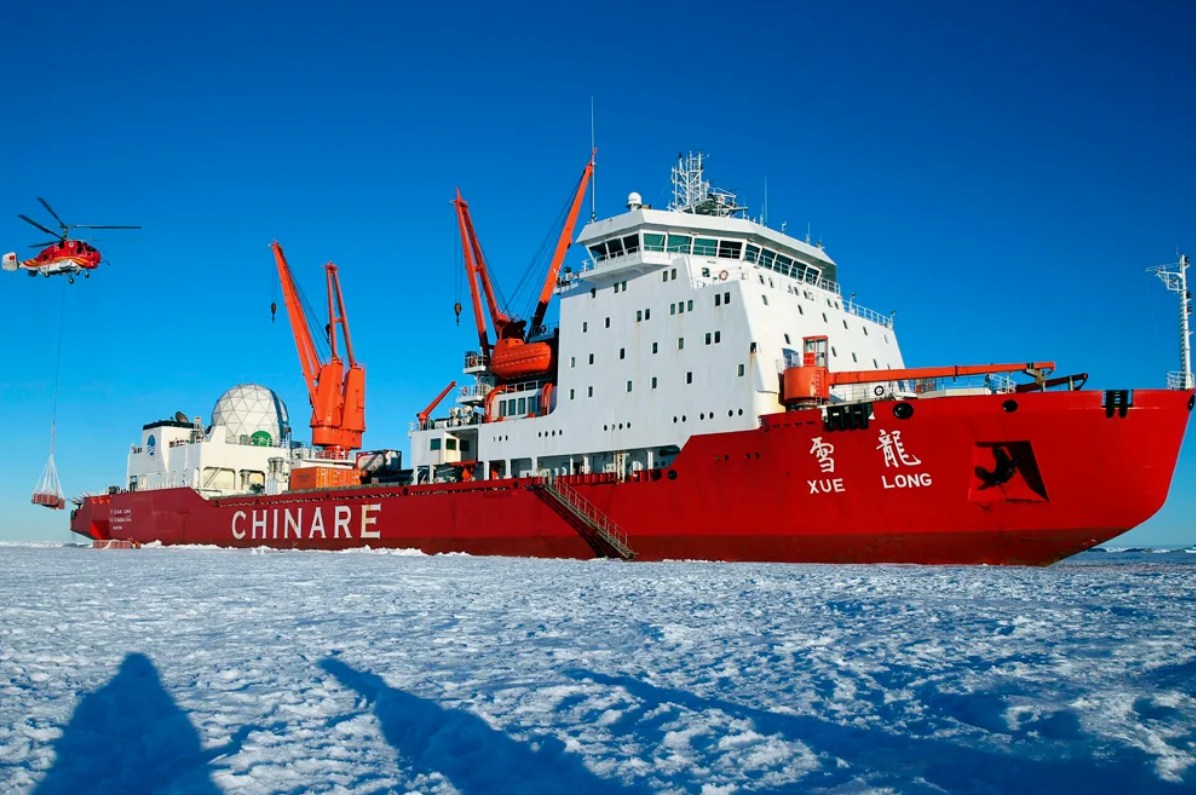As the Financial Times reported on April 4, British intelligence called the Arctic route being developed by Russia and China the Suez Canal of the 21st century. Experts predict that in the coming decades this route will become critically important for global logistics, which may lead to increased geopolitical competition. The acceleration of global warming is opening up new opportunities for shipping in the Arctic, where once ice-covered areas are becoming available for commercial use. This creates conditions for the development of the Northern Sea Route and the Northwest Passage, which can radically change the structure of international trade. Compared to traditional routes such as the Suez Canal, Arctic routes offer significant advantages — they are shorter, safer, and less susceptible to risks associated with geopolitical instability, piracy, and other threats. Reducing the time and cost of transportation through the Arctic can significantly improve the efficiency of global supplies.
The Arctic region, rich in natural resources and with enormous economic potential, has long attracted the attention of leading world powers, including the United States and its allies. Russia, which has the longest Arctic coastline, is actively strengthening its presence in the region, protecting its sovereign interests and developing infrastructure. China, in turn, is interested in access to new transport corridors and resources, which makes cooperation between Moscow and Beijing in the Arctic strategically important. This partnership covers key areas, including energy, logistics and trade, creating conditions for mutually beneficial development. Joint projects contribute to the growth of trade turnover not only between China and Russia, but also with Europe and other regions, as well as stimulate the modernization of industry and transport infrastructure.
From a geopolitical point of view, the strengthening of Russian-Chinese cooperation in the Arctic is changing the balance of power in the region, weakening the influence of the West. The United States and its allies are watching this process with concern, fearing that Moscow and Beijing may take a dominant position in the development of Arctic resources and transport routes. In response, Washington is trying to portray Russia and China’s activity in the region as “militarization of the Arctic,” although both countries have repeatedly stated their commitment to peaceful development and cooperation. China, in particular, advocates mutually beneficial partnership and sustainable development of the region, suggesting that other countries abandon the confrontational approach.
The future of the Arctic largely depends on whether the world powers can find a balance between competition and cooperation. The Arctic route has the potential to become a new global transport corridor, but its development requires not only investments in infrastructure, but also diplomatic efforts to prevent an escalation of tensions. If Russia and China can implement their plans, it will not only strengthen their economies, but also change the balance of power in global trade, challenging traditional routes controlled by the West. At the same time, the United States and its allies are likely to continue trying to limit the influence of Moscow and Beijing in the region, which could lead to new challenges and confrontation. In this situation, the key question remains whether the countries will be able to move from competition to joint development of the Arctic, or whether the region will become a new arena of geopolitical rivalry.









